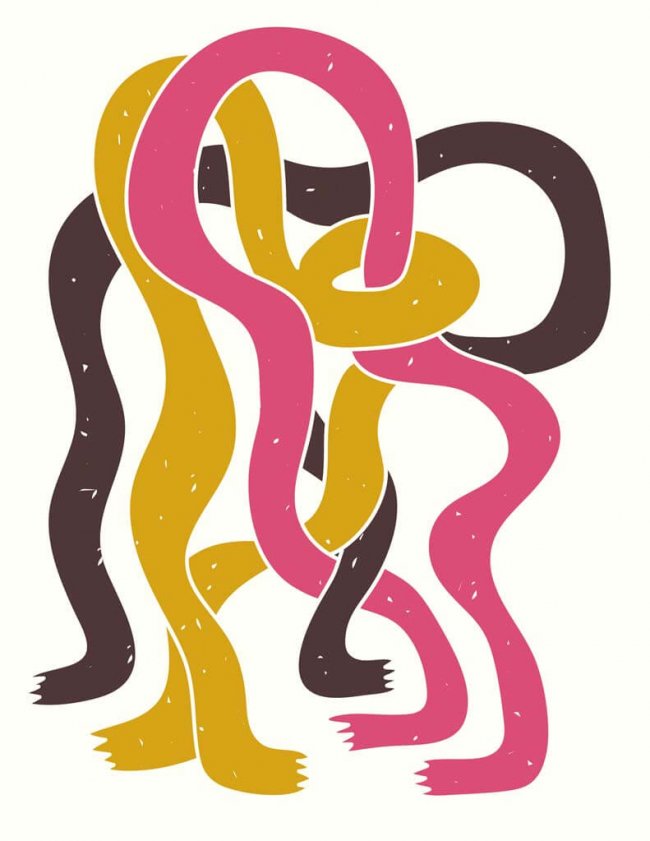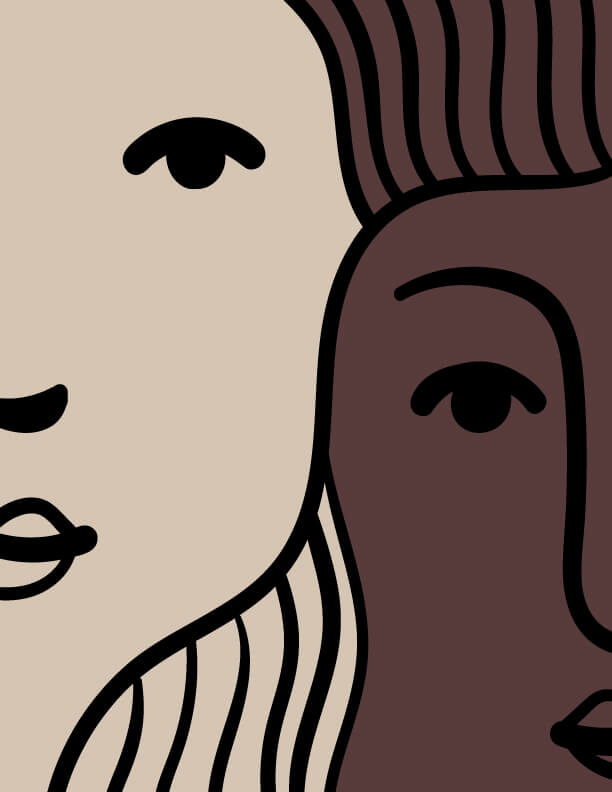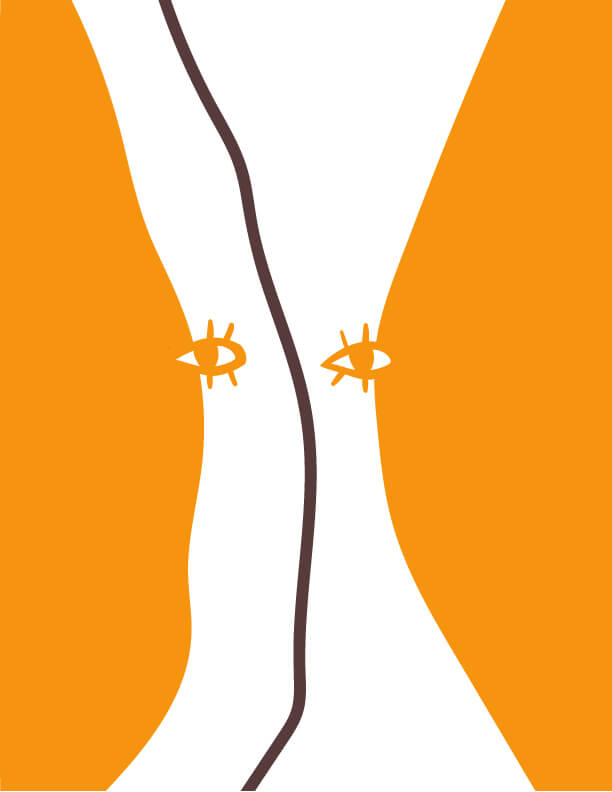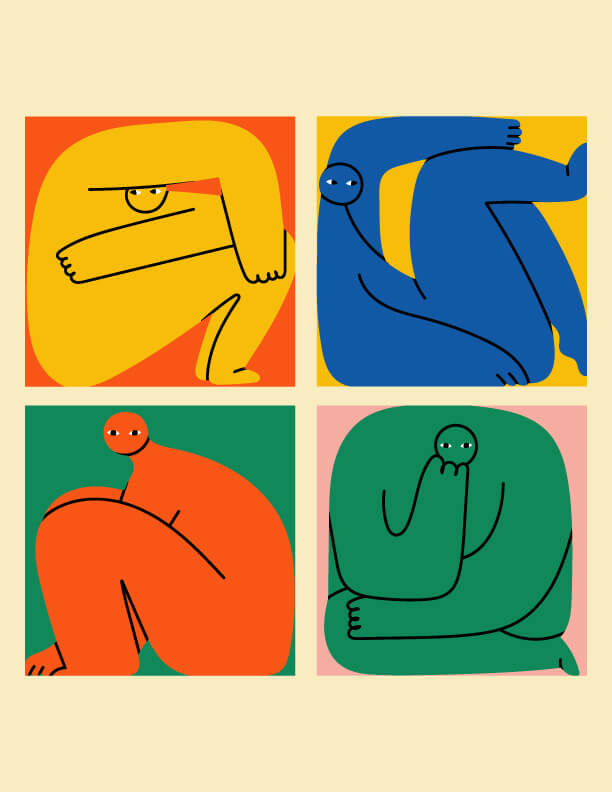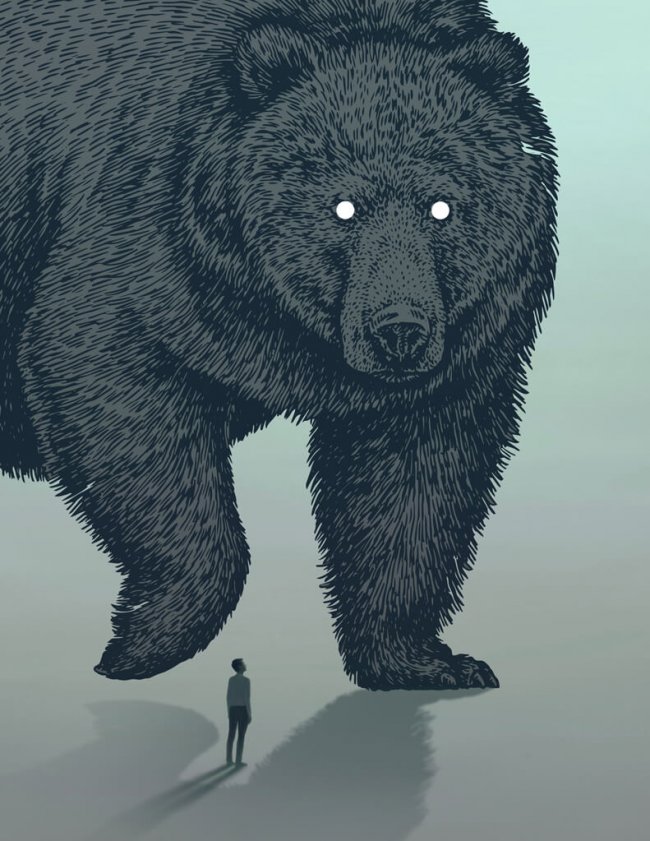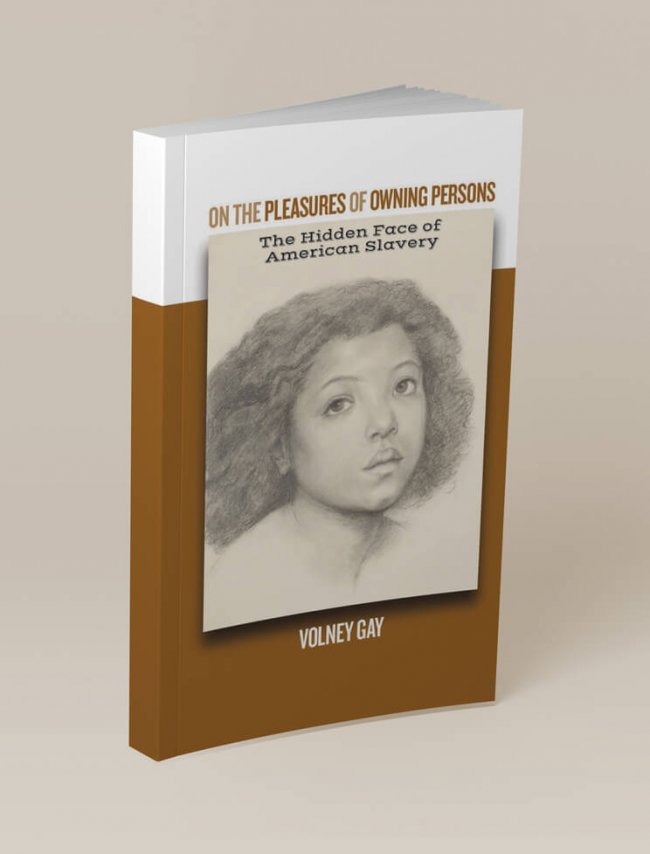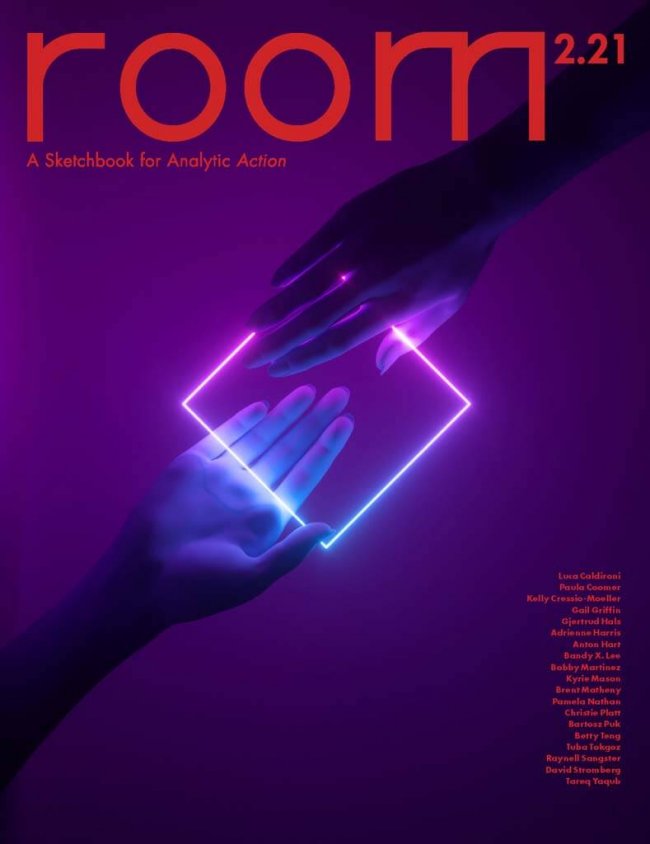PSYCHOANALYSIS IN A LYRIC MODE by Elaine P. Zickler
All I can do is assert—with more passion than proof— a psychoanalytic mode that is more lyric than rational, more metaphysical than scientific. It has long been commonplace in our profession to say that Freud always hoped psychoanalysis would find itself on firm scientific footing, in which case his speculations would be replaced by biology and chemistry. My reading of Freud’s disclaimers about psychoanalysis is that it was his way of deferring the scientific question to some future time, thereby clearing a space for his more theoretical and often hypothetical, philosophical, and even novelistic pursuits. In my reading, he is being a bit sly, coy even.

